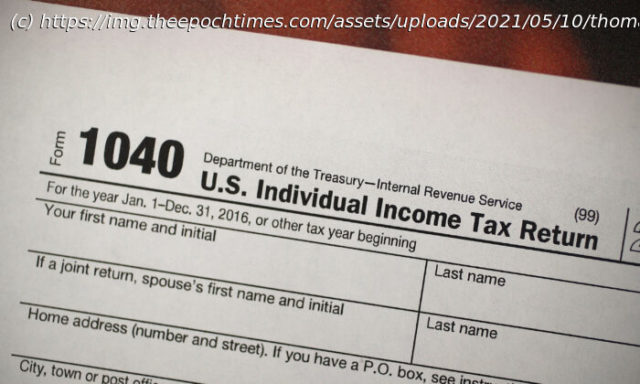Array
As the cost of living has soared for Americans battling against chronic inflation, the Internal Revenue Service (IRS) may be bringing some welcome relief.
The federal agency announced on Oct. 18 a string of new annual inflation adjustments that will impact the 2023 tax year, potentially bringing a boost to your paycheck, particularly if your salary hasn’t kept up with the increasing cost of living.
Tax rates are typically adjusted for inflation annually by the IRS, so this is nothing new; but with red-hot inflation currently at a 40-year high in the United States, this year’s changes are likely to feel more significant for millions of Americans.
The adjustments will impact individual income tax brackets, deductions, and credits for next year, potentially bringing relief to taxpayers who may now fall into lower tax brackets.
Here are the changes announced by the IRS, effective for the 2023 tax year:Standard Deduction
The standard deduction is typically used by most people who don’t itemize their taxes and reduces the amount of income you must pay taxes on.
Under the new annual inflation adjustments announced by the IRS, the standard deduction for married couples filing jointly in 2023 is $27,700, up $1,800, or 7 percent from the prior year.
For single taxpayers and married individuals filing separately, the standard deduction rises to $13,850 for 2023, up $900, and for heads of households, the standard deduction will be $20,800 for the tax year 2023, up $1,400 from 2022, marking a 7.2 percent increase.Tax Brackets
For the tax year 2023, the top marginal rate, or the highest tax rate based on income, remains 37 percent for individual single taxpayers with incomes greater than $578,125, or $693,750 for married couples filing jointly.
Start
United States
USA — Financial IRS Releases Inflation Adjustments for 2023 Taxes: Here's What It Means for...






